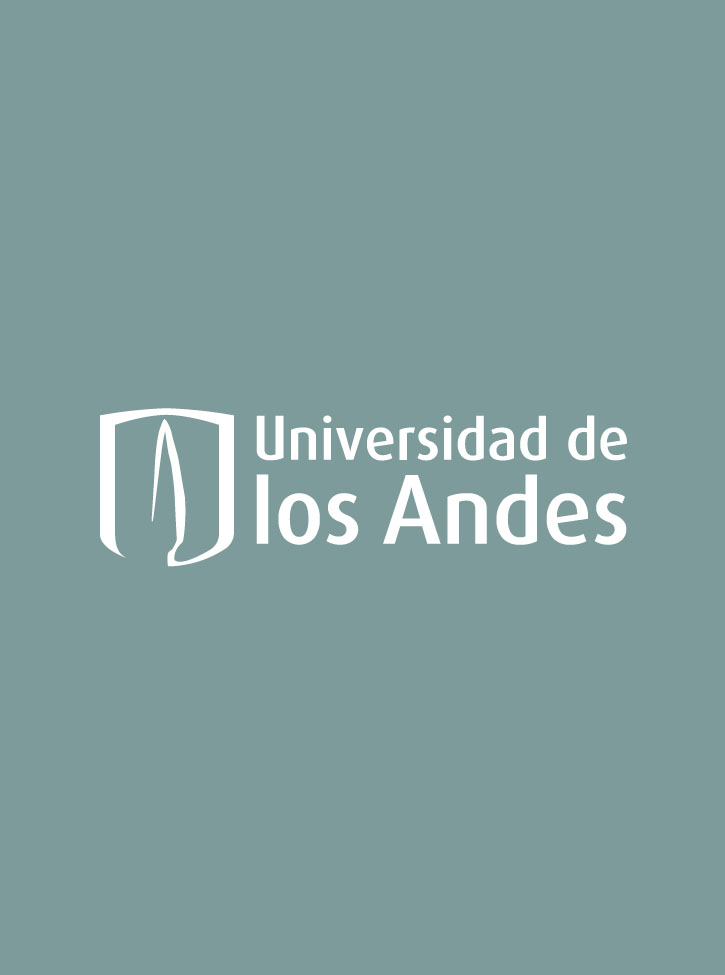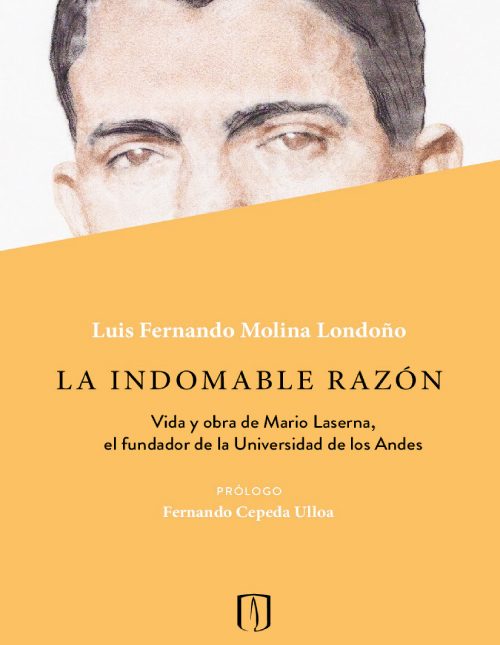Los nueve ensayos que conforman este libro tienen como tema central las luchas por el poder en las que han participado políticos populistas, técnicos-políticos y hombres en armas que han asumido el papel de protagonistas del conflicto colombiano. La obra está dividida en tres secciones que tienen como hilo conductor la debilidad del Estado. En la primera, referida al populismo, el autor argumenta que las violencias colombianas de la segunda mitad del siglo XX surgen, en gran medida, porque el país nunca conoció el Estado populista. La segunda alude a los conflictos entre técnicos y políticos (a quienes el autor llama mandarines), muestra como los economistas colombianos emplean su saber y como el poder se sirve de ellos. La última sección recoge varios ensayos sobre el fratricidio colombiano y pone en perspectiva algunas interpretaciones recientes de las violencias. Este libro presenta argumentos controversiales sobre temas de indiscutible vigencia, los cuales pueden leerse como una invitación al diálogo crítico y al debate público que tanta falta hace en el país.
The nine essays that make up this book have as their central theme the struggles for power in which populist politicians, technical-politicians and men in arms who have assumed the role of protagonists of the Colombian conflict have participated. The work is divided into three sections whose common thread is the weakness of the State. In the first, referring to populism, the author argues that the Colombian violence in the second half of the 20th century arose, to a large extent, because the country never knew the populist state. The second refers to the conflicts between technicians and politicians (whom the author calls mandarins), shows how Colombian economists use their knowledge and how power makes use of them. The last section gathers several essays on Colombian fratricide and puts into perspective some recent interpretations of the violence. This book presents controversial arguments on issues of undisputed validity, which can be read as an invitation to critical dialogue and public debate that is sorely lacking in the country.



